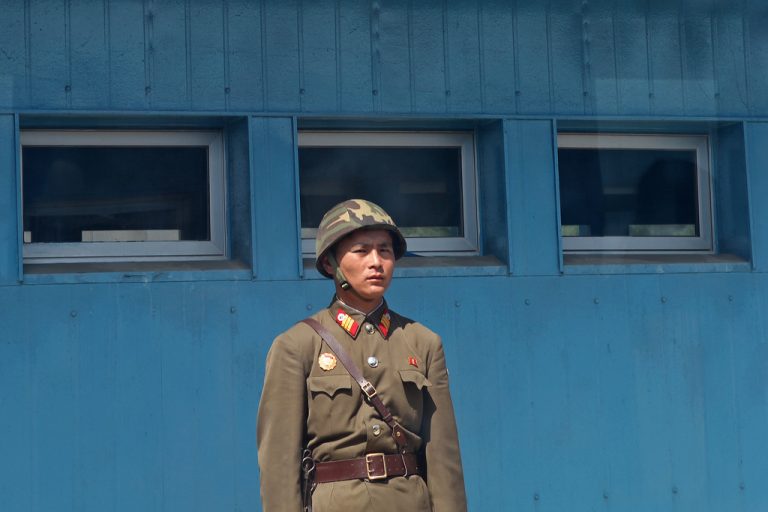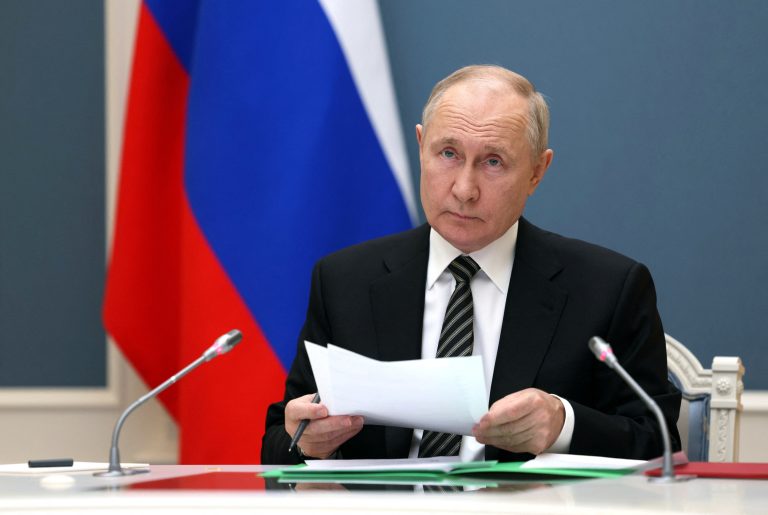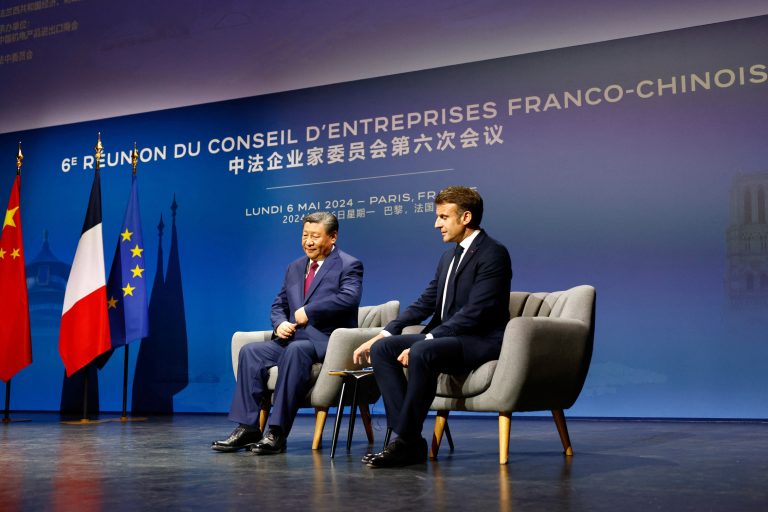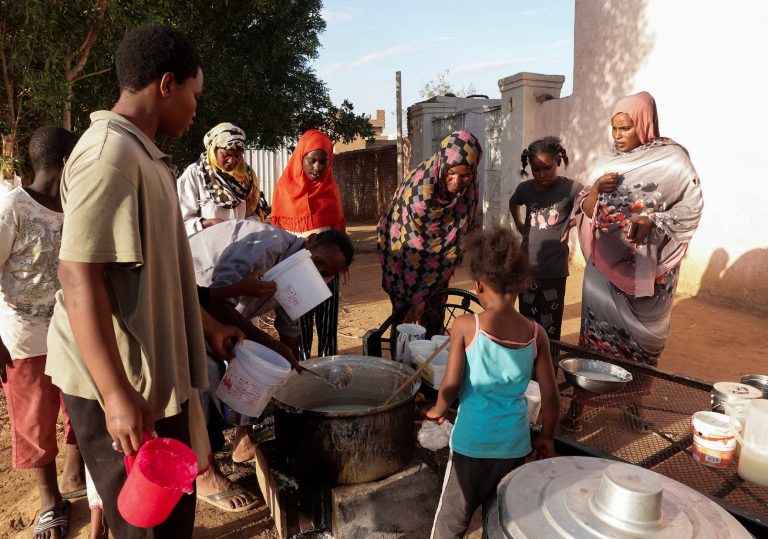North and South Korea, along with the U.S. and China, have agreed on a “fundamental and principal level” to officially declare an end to the Korean war after nearly seventy years of strife in the Korean peninsula.
The Korean War, which took place in 1950-53, ended with an armistice between both sides instead of a peace treaty. This has meant that the two nations have officially remained in a state of war for more than seven decades.
South Korean President Moon Jae-in announced on Dec. 13 in Australia that the ongoing hostility between the two nations was “unstable” and a formal peace declaration could open the door for talks with Pyongyang on its nuclear weapons program.
Pyongyang: ‘Rising tension due to US hostility’
Despite the “in principle” agreement however, Moon said that further advancement on the issue was being held back by North Korea’s continued objections to “rising tension due to U.S. hostility.” Because of this issue, Moon said all parties involved have not been able to formally sit down and discuss details on the declaration.
Moon also told reporters in Canberra, where he is on a 4 day visit, that his government is not considering a diplomatic boycott of the upcoming Beijing Winter Olympics. The global sporting event, which is scheduled to take place in February 2022, is facing growing criticism and diplomatic boycotts by several countries in the West who have accused the Chinese government of large scale human rights violations.
Success
You are now signed up for our newsletter
Success
Check your email to complete sign up
“We have not received any recommendations to participate in [the boycott] from any country, including the U.S., and the Korean government is not considering it,” Moon confirmed.
The U.S., U.K, Canada and Australia have all announced that they will not be sending any diplomatic or official representation to the Games. Traditionally, high-level delegations are sent to each Olympic games. For the Summer Olympics held in Tokyo this year, first lady Jill Biden embarked on her first international solo trip leading an American contingent, while second gentleman Doug Emhoff also led a delegation to the Paralympic Games in August.
READ MORE:
US Officially Announces Diplomatic Boycott of 2022 Beijing Winter Olympics
Canada and the UK Join American Diplomatic Boycott of the Beijing Winter Olympics
Joint efforts required for the denuclearization of North Korea
Moon said he hopes the Beijing games will be seen as a means of opening up a continuous dialogue with Pyongyang. ABC reported that North Korean leader Kim Jong-un and other top officials may also attend the upcoming Games.
“South Korea regards the alliance with the U.S. as the cornerstone of diplomacy and security, but economically, relations with China are also very important,” Moon said, adding that, “China’s constructive efforts are required for peace and stability in the Korean Peninsula and the denuclearization of North Korea.”
In September, North Korean officials sternly rejected Moon’s calls for an official declaration to end the war by calling it a “smokescreen to cover up hostile U.S. policy against Pyongyang.” At the time, North Korea’s Vice Foreign Minister Ri Thae Song said a peace declaration would not help ease tensions, pointing to an increase in American troop presence and weapon deployments in the region.
Talks for denuclearization in an increasing arms race have remained at a standstill since the U.S.-North Korea summit held in Hanoi in 2019 concluded without an agreement.
Experts weigh in
Now, some experts in Seoul say the end-of-war declaration is merely a symbolic effort as President Moon nears the end of his five-year term. “The administration may think it will be a breakthrough to resume dialogue, but I don’t think it’s a realistic alternative,” Du Hyeogn Cha, an analyst at Seoul’s Asan Institute for Policy Studies told reporters.
South Korea’s former ambassador to Japan Shin Kak-soo also said: “South Korea is in a very difficult position. It just can’t go all-in on its alliance with the US because there is so much at stake when it comes to China. Beijing has strong influence in the peace and stability of the Korean peninsula as it is a powerful backup to Pyongyang.”
















